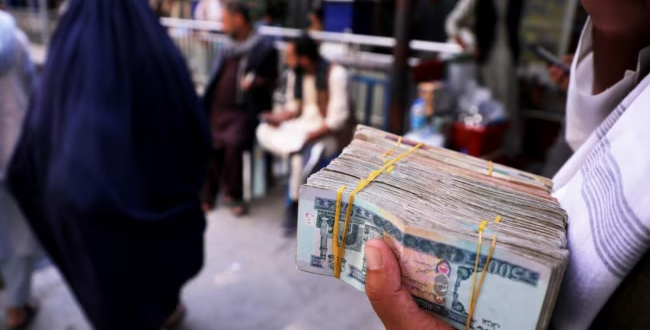KABUL – The World Bank has warned that Afghanistan’s economic recovery remains fragile under Taliban rule, citing persistent policy uncertainty, financial isolation, dwindling foreign aid, and strained trade relations with neighboring Pakistan. In its latest report released Monday, the bank highlighted deepening poverty, unemployment, and weak purchasing power as major hurdles for millions of Afghans.
The report revealed that Afghanistan’s trade deficit surged by 54% in 2024, reaching $9 billion—approximately 45% of the country’s GDP—due to a 5% decline in exports, primarily coal and textiles. The drop was attributed to Pakistan shifting back to its traditional coal suppliers, leading to a 64% plunge in Afghan coal exports to $92 million.
Since the Taliban takeover in August 2021, Afghanistan has faced financial sanctions, aid suspensions, and restrictions on its banking sector due to concerns over terrorism. Despite these constraints, revenue collection increased by 11.5% in the first ten months of FY2024-25, reaching AFN 190.5 billion ($2.5 billion), largely driven by non-tax revenue and border tariffs.
The Afghan currency, the Afghani (AFN), has depreciated for the third consecutive month, falling 12% between November 2024 and January 2025. The central bank’s suspension of U.S. dollar auctions from September to December exacerbated the decline, though auctions resumed in January with over $100 million injected into the market.
Trade relations with Pakistan remain critical but strained, with Pakistan accounting for 45% of Afghan exports, followed by India at 34%. Allegations that militants in Afghanistan are responsible for increasing terrorist attacks in Pakistan have led to worsening ties, affecting economic cooperation. Islamabad has also accused the Taliban of imposing high trade tariffs and delaying agreements, further hindering bilateral trade.
No country has officially recognized the Taliban government, primarily due to its restrictions on women’s rights and freedom of speech. The Taliban, in turn, blame Western financial sanctions and the freezing of more than $9 billion in Afghan central bank assets for the country’s economic struggles.
 Afghanistan Times
Afghanistan Times




